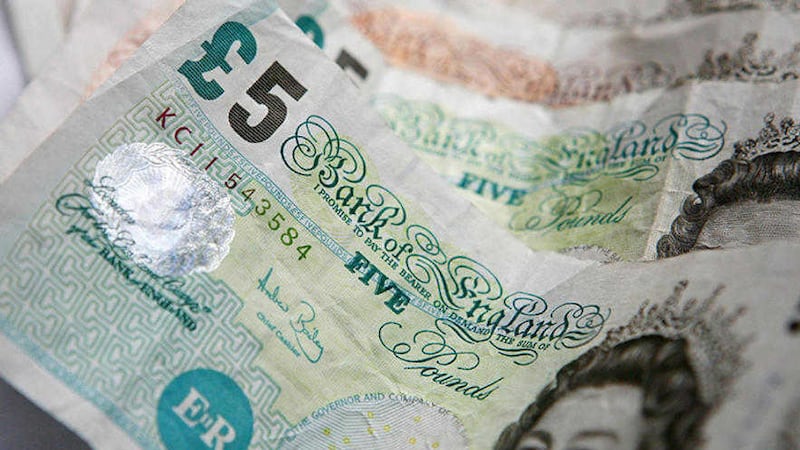It says a lot about how conditioned we've become to accepting the unacceptable when the allocation of £1.7 million of public money to a UDA-linked group, as reported in this paper last week, was all but ignored by the rest of the media.
In Northern Ireland the abnormal has become the norm and the line between what counts as community development and what is simply the bribing of paramilitaries to behave themselves is incredibly blurred.
It's a matter of record that there are many people who once released from prison threw themselves into peace building and working towards the betterment of their communities, and those people are to be commended.
In the early days much of this work was unpaid as former prisoners - who thought they'd been the recipients of an amnesty but quickly learned the Masters degree they achieved in jail was pretty worthless when a record meant they couldn't even get an interview - took up the task of helping rebuild broken communities.
However, somewhere along the line that has turned into an industry, in some cases and for some individuals quite a lucrative one.
While it won't make me popular saying it many of the community jobs that later emerged were fabricated by the British government, the Blair administration's way of neutralising any dissent among among republicans. Loyalists arrived late to the publicly funded party.
Aspects of the peace accord that were either deeply unfair or unworkable were soon forgotten about when those who held sway in the community were given a government wage to hold 55 different meetings to discuss what should be done with a piece of waste ground.
Millions spent so that the same dozen people could hold meetings, workshops and residentials about the future of a peace wall or painting over a mural with a different kind of mural.
They were sent on funded junkets to eastern European concentration camps or the battlefields of France and Belgium under the guise that learning about the history of global conflict would stop them extorting builders and kneecapping car thieves.
You'd be hard pushed to find a single loyalist 'community worker' who hasn't been on a fully funded trip to the Somme. If you know one ask them, some have been numerous times.
What benefit this has for someone living in the Shankill with a chronic disability or trying to raise three children in a damp home is anyone's guess but if you pop into your local government funded community office I bet you'll find a bloke in there who will able to tell you a lot about the First World War, take your mind off Tory austerity.
The tactic used by Blair's government to bring republicans along in the early days is now being replicated to deal with unruly loyalists.
Only now the DUP/Sinn Féin coalition are delivering the policy of anaesthetisation, giving the British another degree of separation should any uncomfortable truth comes out to show the recipients haven't moved away from criminality at all but are just better at covering their tracks.
Loyalists were left behind by the process, partly because they trusted mainstream unionism to fight their corner and that never happened, but mainly because loyalist paramilitary groups are structured in a different way from the Provisional IRA.
With no central command structure and individuals profiting from the proceeds of crime it was almost impossible to convince them to fully sign up to peace. They don't move either forward or back as one disciplined group but are a collection of small fiefdoms.
Loyalists remain the fly in the ointment hence why they are currently being showered with community cash. I'd hazard a guess that'll distract them nicely while the final elements of the peace process, flags, parading, victims and legacy are settled.
The one thing that wasn't factored in to this latest phase of financial bribery was an opposition who would rightly question why in times of genuine need and austerity huge sums of public cash are being entrusted to a paramilitary group who are still very much in business.
Not so much a Fresh Start as a rehash of an old policy of buying peace, a policy that relies almost entirely on a never ending pot of cash.








